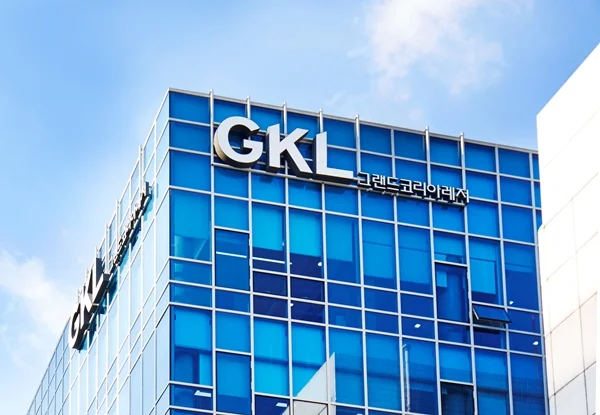
South Korea’s Grand Korea Leisure Co Ltd (GKL), which operates the Seven Luck-branded casinos exclusively serving foreigners, has announced the formation of a dedicated AI Innovation Team to accelerate the integration of artificial intelligence into its operations and service offerings. The move aligns with Seoul’s broader national agenda on “AI transformation” and signifies GKL’s ambition to reinvent itself as a forward-looking, tech-enabled tourism and casino operator.

The new team will concentrate on three strategic pillars: elevating customer experience, modernizing organizational and operational systems, and spearheading digital transformation across the wider tourism and gaming ecosystem. In practice, that means deploying AI-driven personalization (for example, tailored offers and predictive match-ups of guests’ preferences), integrating AI with enterprise resource planning (ERP) to generate predictive business models, and fostering public-private partnerships to advance AI applications in tourism.

This isn’t GKL’s first foray into automation and robotics. Earlier in 2025, GKL struck a partnership with robotics firm Robotis to pilot self-driving robots within its casinos, tasked with transporting chips and cards, reducing staff load on repetitive functions, and collecting mobility data in complex indoor environments. The pilot launched in September 2024 inside the Seven Luck Casino at Seoul Dragon City and, according to local press, has shown encouraging results in safe navigation and operational reliability.
In a complementary move to strengthen its digital foundation, GKL also signed a memorandum of understanding with KOMSCO (the Korea Minting & Security Printing Corporation) in May 2025. The collaboration enhances the security and functionality of GKL’s existing mobile platform, SevenLuck+, by enabling biometric or digital identity verification, cashless payments, and issuance of digital membership cards—all in a move towards a more paperless, secure, and seamless guest experience.
While the initiative is bold, it also faces challenges: merging AI with human touch, data privacy, acceptance by customers accustomed to in-person service, and operational complexity of large facilities. Yet if GKL succeeds, it may reshape expectations for casino operations across Asia and set new benchmarks in blending technology and hospitality.

 Content Writer: Janice Chew • Thursday, 25/09/2025 - 22:10:07 - PM
Content Writer: Janice Chew • Thursday, 25/09/2025 - 22:10:07 - PM